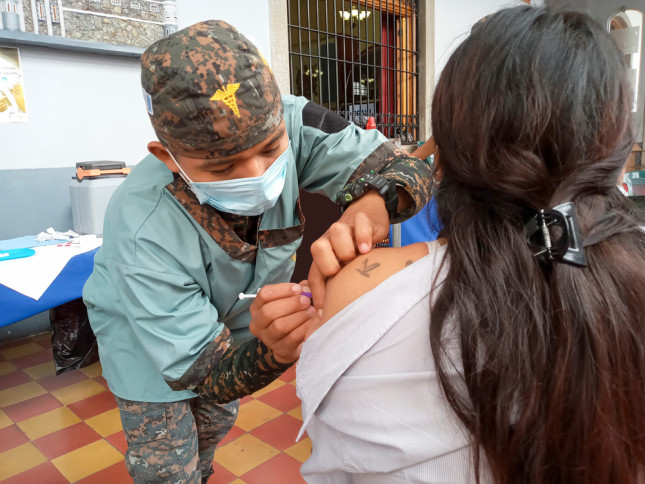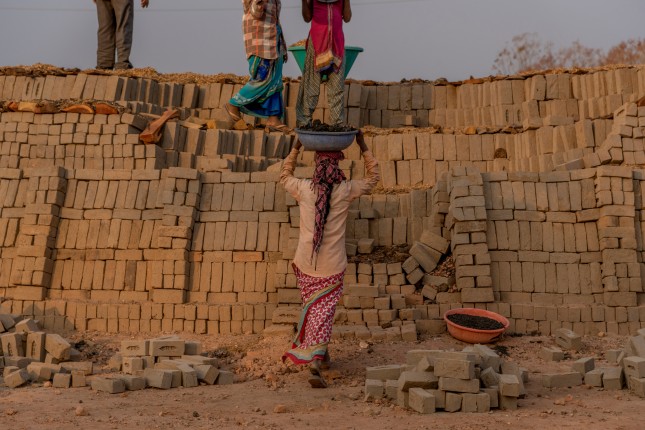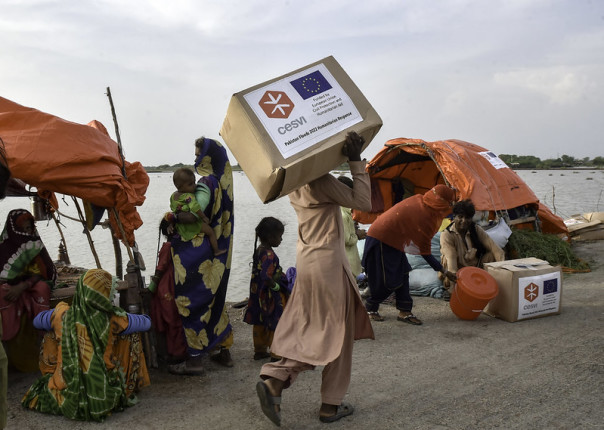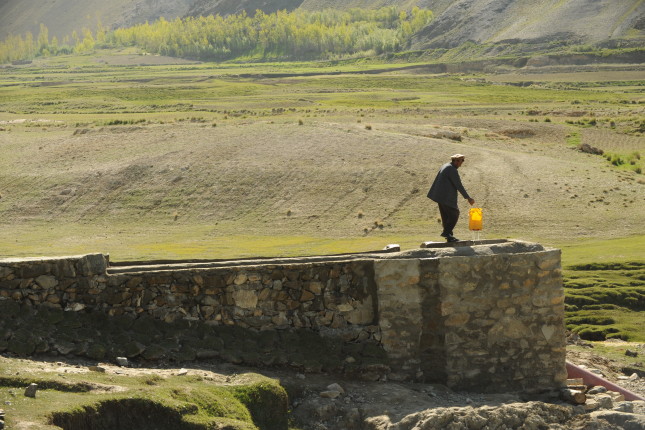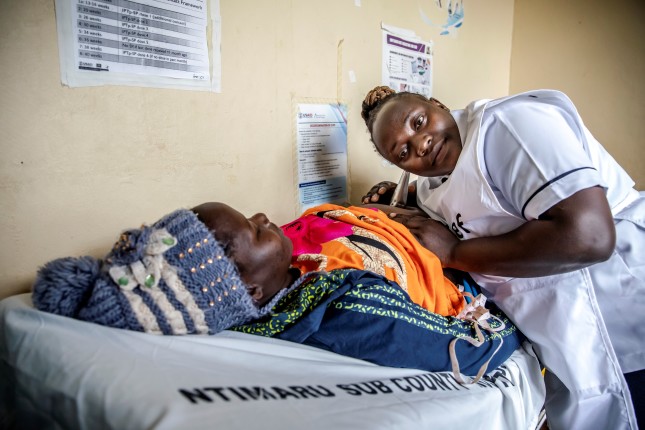-
Water @ Wilson | The Significance of the Coming El Niño: Understanding the Science and Preparing for Its Impacts
›When the National Oceanic and Atmospheric Association (NOAA) declared the beginning of an El Niño event on June 8, 2023, the recurring climate pattern featured in headlines all over the world as media outlets sought to cover its anticipated impacts.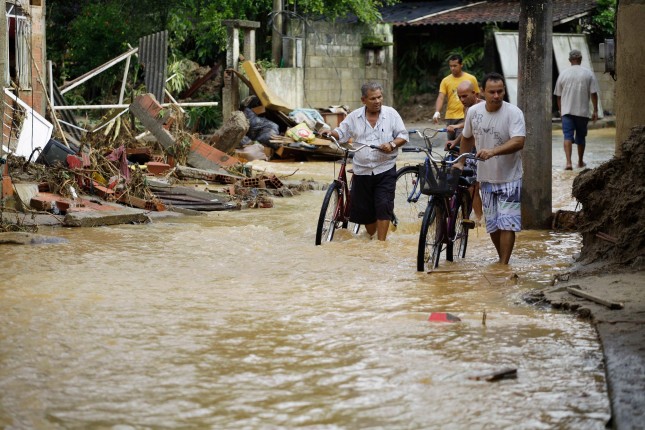
A recent Water @ Wilson event –“The Significance of the Coming El Niño: Understanding the Science and Preparing for its Impacts”—brought together experts at the Wilson Center to explain the complex science behind El Niño and explore its regional implications. The speakers also surveyed the policy tools at our disposal to prepare for its significant climate effects.
-
Varicella Vaccination: An Essential Part of Latin America’s Public Health and Economy
›
It is a sign of enormous progress that vaccines are currently available to prevent more than 20 life-threatening diseases. And health and economic data supports the widespread benefits of regular access to vaccination in public health. Yet it is estimated that 20 million infants or so each year do not have access to vaccination for a number of diseases, including varicella (also known as “chickenpox”).
-
Intersectionality Matters: Improving UPR Recommendations on Global Human Rights
›
When Michelle Bachelet, former United Nations (UN) High Commissioner for Human Rights, pointed to what she called “the reality of multiple and intersecting forms of discrimination” in December 2020, she also highlighted the importance of factoring them into any analysis and policymaking in the human rights space.
-
John Podesta on the Inflation Reduction Act and a New American Industrial Strategy
› Through the Inflation Reduction Act, the Biden administration has launched a new industrial strategy. Today’s episode of New Security Broadcast highlights a fireside chat at a Wilson Center event between John Podesta, Senior Advisor to the President for Clean Energy Innovation and Implementation, and Duncan Wood, Wilson Center Vice President for Strategy and New Initiatives. Podesta and Wood explore the opportunities provided by the Inflation Reduction Act for the U.S. and its allies.
Through the Inflation Reduction Act, the Biden administration has launched a new industrial strategy. Today’s episode of New Security Broadcast highlights a fireside chat at a Wilson Center event between John Podesta, Senior Advisor to the President for Clean Energy Innovation and Implementation, and Duncan Wood, Wilson Center Vice President for Strategy and New Initiatives. Podesta and Wood explore the opportunities provided by the Inflation Reduction Act for the U.S. and its allies. -
New Global Health & Gender Policy Brief: The Global Burden of Stillbirths
›
In 2021, 1.9 million stillbirths occurred globally. A baby who dies at or after 28 weeks of pregnancy,* and is born with no sign of life is classified as a stillbirth. Stillbirths can be caused by pregnancy and childbirth-related complications, like hemorrhage, placental abruption, and pre-eclampsia; maternal infections during pregnancy, including malaria and sexually transmitted infections; prolonged pregnancy to 42 weeks or more; and pre-existing health conditions. Other risk factors include maternal age and smoking during pregnancy.
-
Rethinking Population, Climate, and Health: Focusing on Solutions
›
News about global climate impacts that elevate mortality, wreak weather havoc, and create massive displacement is inescapable. And those are just the stories that make the headlines. Droughts in Africa are estimated to impact 250 million people and displace 700 million more by 2030. Climate impacts brought on by El Niño are devastating the food supply chain, exacerbating Guatemala’s struggle to reduce childhood malnutrition.
-
Conflict, Crisis, and Peacebuilding: Afghanistan and Regional Water Security
›
Gunfire erupted at the border of the Afghan Nimroz Province and Iran’s Sistan-Baluchistan Province on May 27, 2023, amid rising tensions over water rights, killing troops on both sides.
Iranian and Afghan government officials have blamed each other for triggering the incident. But whatever the cause, the tensions over water flows between these nations have been simmering for at least a century. Indeed, in 1999, under the first iteration of the Taliban, flows were restricted completely causing damage to the delicate Hamoun Region—a registered UNESCO biosphere site of social and ecological importance.
-
Midwives Lead the Way: The 5th Global Midwifery Symposium
›
Midwives play a central role in maternal and newborn health. So, it is fitting that their efforts took the spotlight at a two-day event – The 5th Global Midwifery Symposium – held during the first ever International Maternal and Newborn Health Conference (IMNHC) in May 2023 in Cape Town, South Africa.
Showing posts from category *Main.


